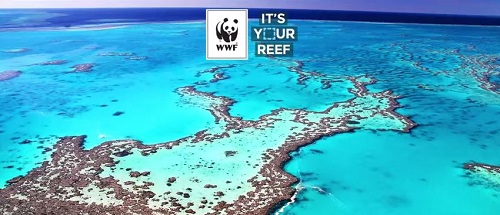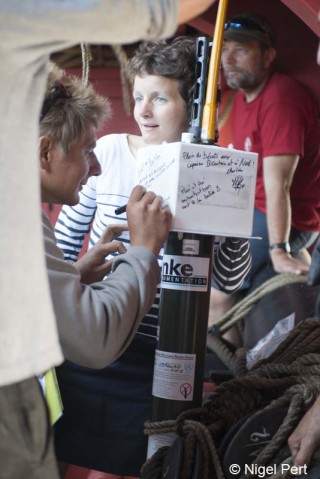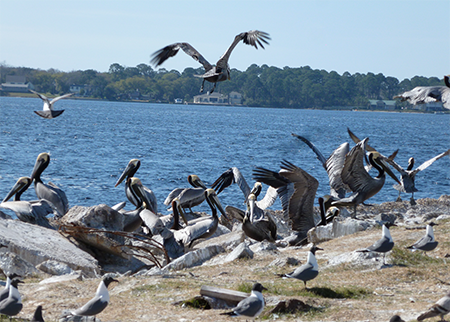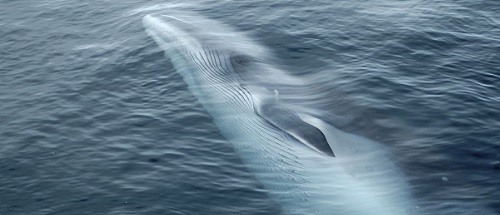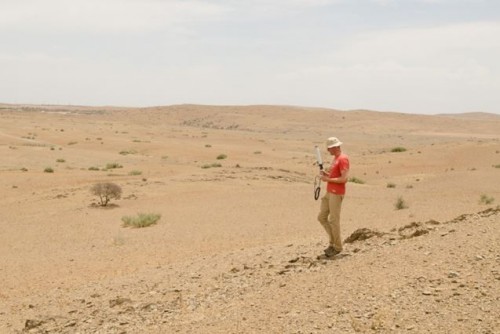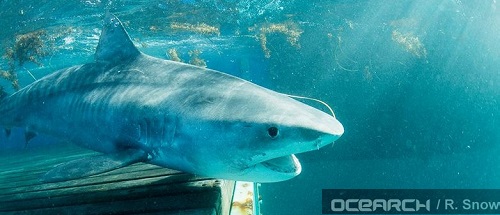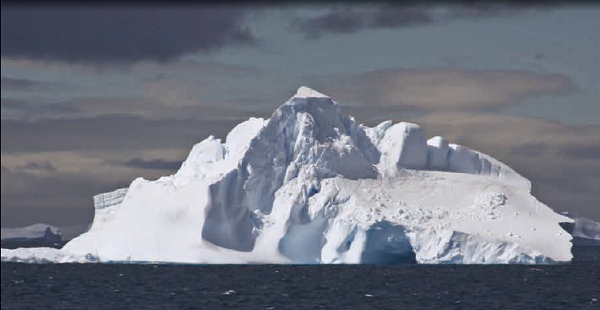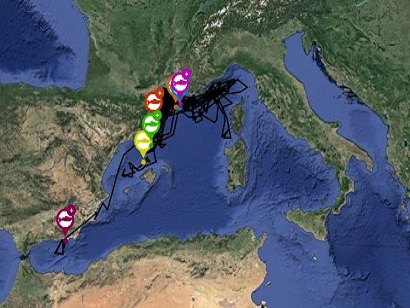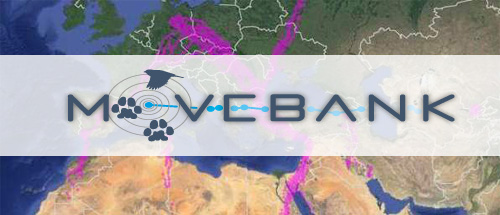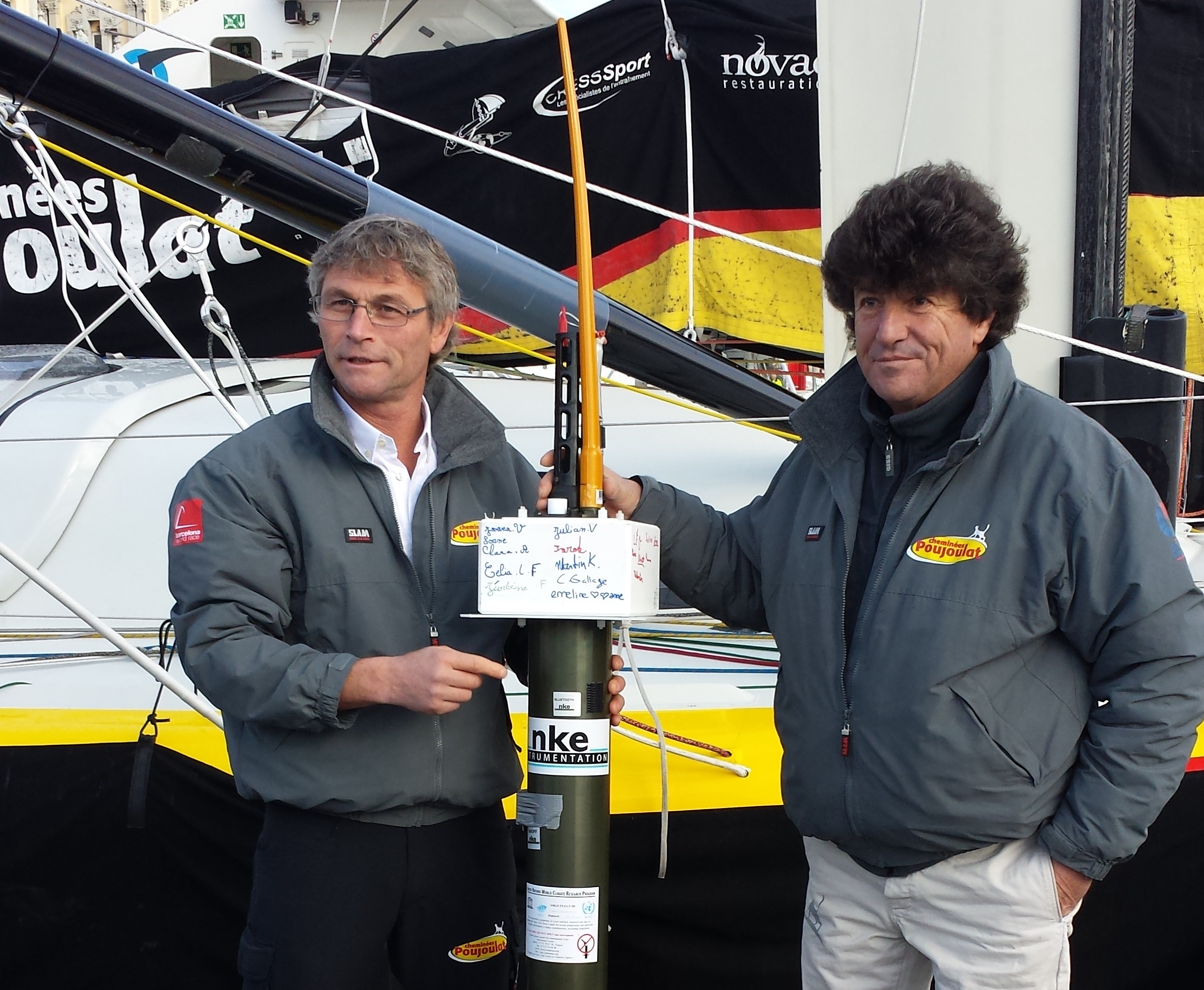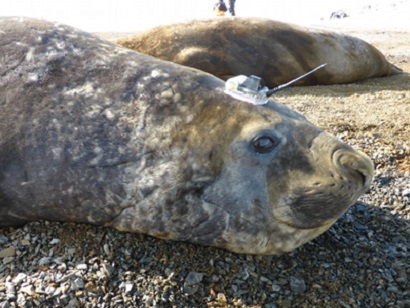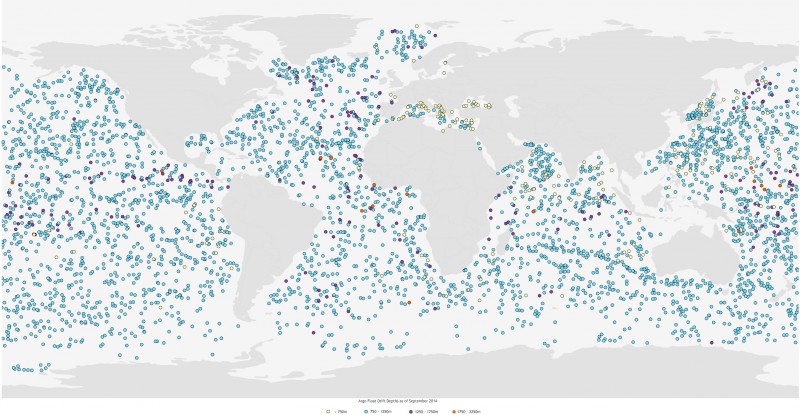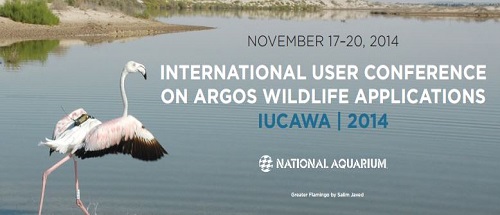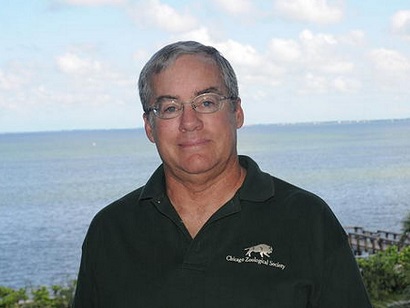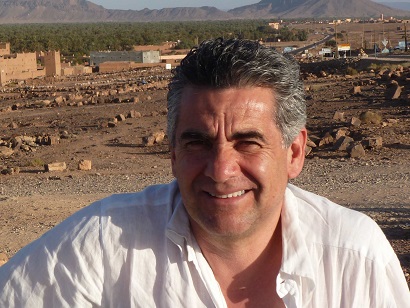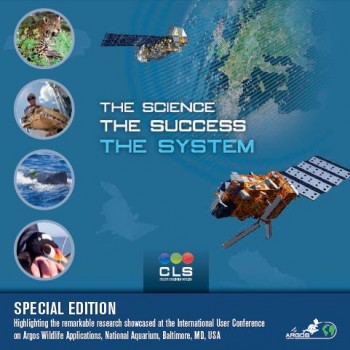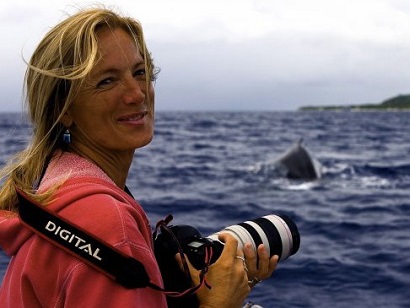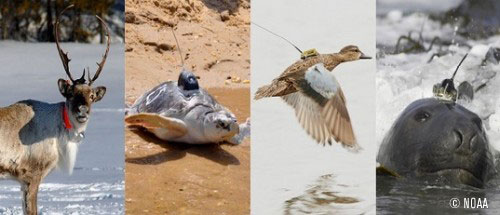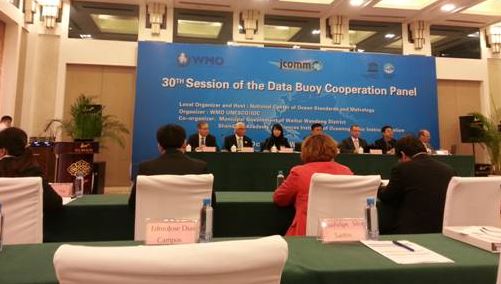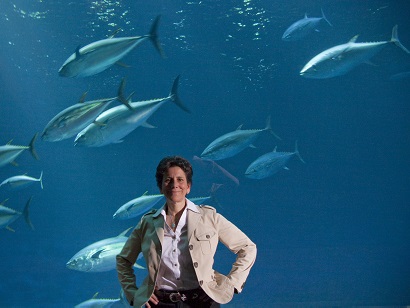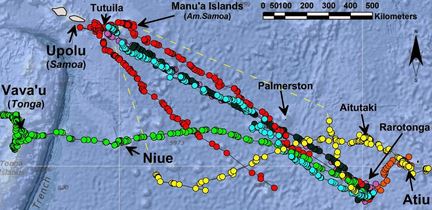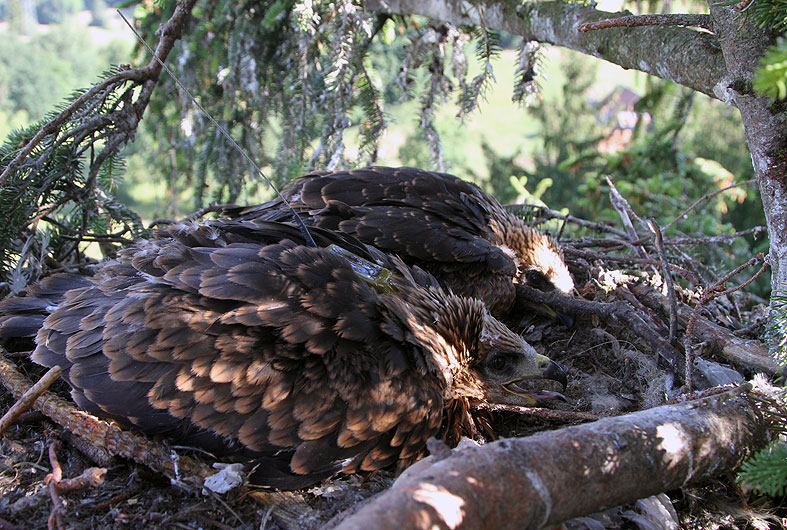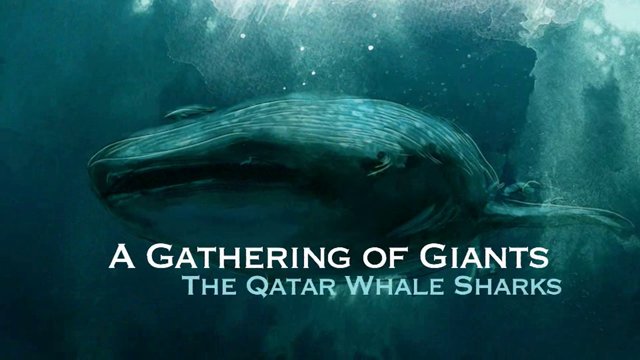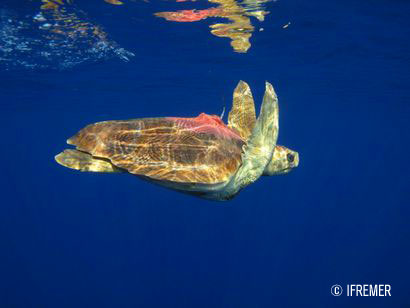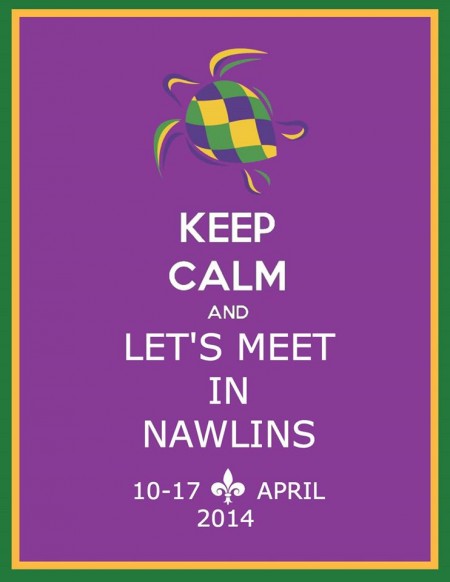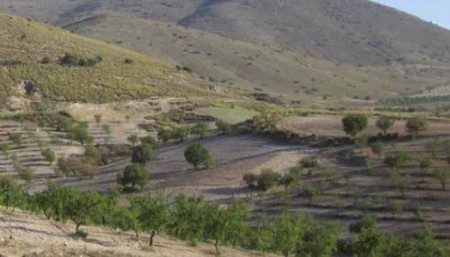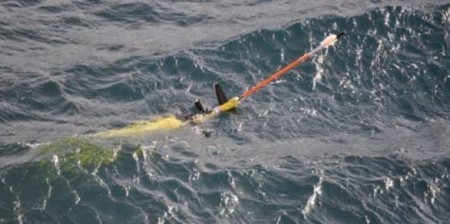Argos News
Search filters
Australia: Argos Users Join Global Campaign to Protect the Great Barrier Reef
The Great Barrier Reef is one of the seven natural wonders in the world, and home to 400 species of coral and 1.500 species of fish including the rare dugongs and snubfin dolphins. Prominent marine...
Where Science and History Intersect: The Hermione’s Contribution to Operational Oceanography
A tribute to history with a scientific purpose The French tall ship, Hermione, an exact replicate of the original Hermione, which ferried General Lafayette to the United States in 1780 to fight...
Refugio Oil Spill: Pelican Victims Fitted with Argos Satellite Tags Successfully Released into the Wild!
Dozens of brown pelicans were victim of oil pollution due to Refugio State Beach pipeline rupture off the Santa Barbara coast on May 19 th, 2015 The Oiled Wildlife Care Network oversaw/organized...
Argos, A key Component of Global Animal Observation Networks
Two recent articles published in the peer-reviewed journal, Science magazine, “Terrestrial animal tracking as an eye on life and planet” (Kays et al.) and “Terrestrial animal tracking as an eye on...
Tracking Black-tailed Godwits (Limosa limosa)
The sat-tags were deployed in Spain and Portugal since 2013 (60 in total) and birds were followed traveling from their wintering grounds in Africa and Iberia to their breeding grounds in Western...
Mary Lee: Argos Tagged Shark Becomes Twitter Star
Mary Lee has recently attracted a lot of attention on social media through her @MaryLeeShark Twitter account. This 3.500 pound white shark was tagged two years ago by Gregory Skomal, Senior...
Argos Forum #80 | Innovations in Ocean Science
Exploring the possibility of using Argo float data to validate bathymetric data, Observing the Southern Ocean and beyond with an extremely long-lived drifting buoy, Elephant seals as an innovative source of in-situ observations in the Southern Ocean, etc.
The SELPAL Project
The project is implemented for a period of 2 years by the MIA - Mediterranean Association of Producers Organisations - as part of development actions and support of French Mediterranean fisheries,...
Managing Argos Data in Movebank
Movebank help animal tracking researchers to manage, share, protect, analyze, and archive their data. Movebank is an international project used by research and conservation groups around the world....
Argos Profiling Floats Onboard the Barcelona World Race
On “Argo Day”, all of the boats participating in the Barcelona World Race 2014/15 will launch an Argo profiling float into the ocean, as part of their round-the-world voyage. The seven IMOCA 60 of...
iSTAR Project
This male Southern elephant seal was tagged on the Edwards Islands as part of the iSTAR project. A telemetry tag designed by the Sea Mammal Research Unit is attached to fur on its head with epoxy...
CLS is Satellite Services Provider for Argo Program
The Argo Project : Global Observations for Understanding and Prediction of Climate Variability Until the first deployment of Argo floats in 2000, less than 1 percent of the ocean was being monitored...
Day 3 IUCAWA 2014
Scientists reported on the impact of climate change on Magellanic penguins in Punto Tomba, Argentina, on Emperor Penguins in the Southern Atlantic ocean, on polar bears and walruses in the Arctic,...
The second day of the IUCAWA 2014
The second day focused on using Argos to understand protected habitats and species and included the work of scientists and naturalists in the United States, the United Kingdom, Canada, Bulgaria,...
Conference Notes of the IUCAWA 2014 on November, 18th
The great diversity of research and conservation science accomplished with Argos was applauded by the administrators, and all expressed their commitment to the continuity of the Argos system....
Dr. Randall Wells, Invited Speaker to IUCAWA 2014
Dr. Wells has been using Argos to track dolphins and small whales since 1997. His involvement includes the tagging and/or tracking of more than 100 small cetaceans of 8 species, ranging in size from...
Dr. Ceballos, Invited Speaker to IUCAWA2014
Dr. Ceballos is a major figure in global conservation science, carrying out strenuous field work testing ideas in countryside biogeography and doing important theoretical/ practical work on the...
Argos Forum #79 | Special Edition: International User Conference Argos
A tribute to the International Argos User’s Conference on Wildlife Applications, National Aquarium, Baltimore, USA, November 18-20, 2014 Diversity and ecology of species tracked by Argos Wildlife...
Dr Nan Hauser, Invited Speaker to IUCAWA2014
Dr. Hauser recently received a spotlight at the Wildlife Conservation Film Festival (WCFF) for the documentary she produced. She’s gotten extraordinary footage of whales doing everything from...
International User Conference on Argos Wildlife Applications
NOAA, CNES, the National Aquarium in Baltimore (USA), CLS America, the University of Maryland Center for Environmental Science and Discovery Channel have teamed up to organize a three-day conference...
30th session of the Data Buoy Cooperation panel
The 30th meeting of Data Buoy Cooperation Panel (DBCP), the International Coordination Group for the use of buoys to collect oceanographic and climatological data, was held from October 27 to 31 in...
Dr Barbara Block, Invited Speaker to IUCAWA 2014
Dr. Barbara Block is invited speaker to the International User Conference on Argos Wildlife Applications IUCAWA2014 that will be held from November 18 to 20 at the National Aquarium, Baltimore on...
‘Farewell Whales’ in Cook Island Maori
This is a brief documentation of the satellite tagging of humpback whales undergone by Nan Hauser and an international team of experts from August-September 2014 in Rarotonga, Cook Islands. Data...
Two Magnificent Birds of Prey Tracked with Argos
In early summer 2011, two black kites were fitted with satellite tags Argos to track their path in near real time. It is possible to follow Milou and Salam via an interactive map and the blog of...
Tagging and Tracking Whale Sharks by a Research Team in Qatar
Qatar is home to a great diversity of marine animals. Each year, hundreds of whale sharks return to the Qatari waters near the Al Shaheen oil field, in the north of Qatar. To protect the whale...
Sea Turtles Equipped with Argos Transmitters
100 argos satellite transmitters were deployed on adult green turtles and 19 loggerhead turtles for the DYMITILE project. 20 new Argos will be deployed in 2014 and 2015 on loggerhead turtles...
Argos Forum #78 | News from the Ocean
Studies of currents in the Sea of Okhotsk and adjoining areas Comparison of TMI and AMSR-E sea surface temperature with recent Argo near-surface temperature over the global oceans The global drifter...
34th Annual Symposium on Sea Turtle Biology and Conservation
The Annual Symposium on Sea Turtle Biology and Conservation, hosted every year by the International Sea Turtle Society (ISTS), is a unique event that draws participants from around the world, from...
Tracking Great Spotted Cuckoos
In February of 2014, we bought a goniometer from CLS in order to find that PTT and any other that could be lost in the future. We drove to Sierra de Filabres, to a location about two kilometers away...
Finding a Glider in the Southern Ocean
The glider was still diving but it was unable to transmit data and the GPS positions were increasingly unreliable. After 24 hours, the glider stopped sending data via Iridium altogether. Only the...

